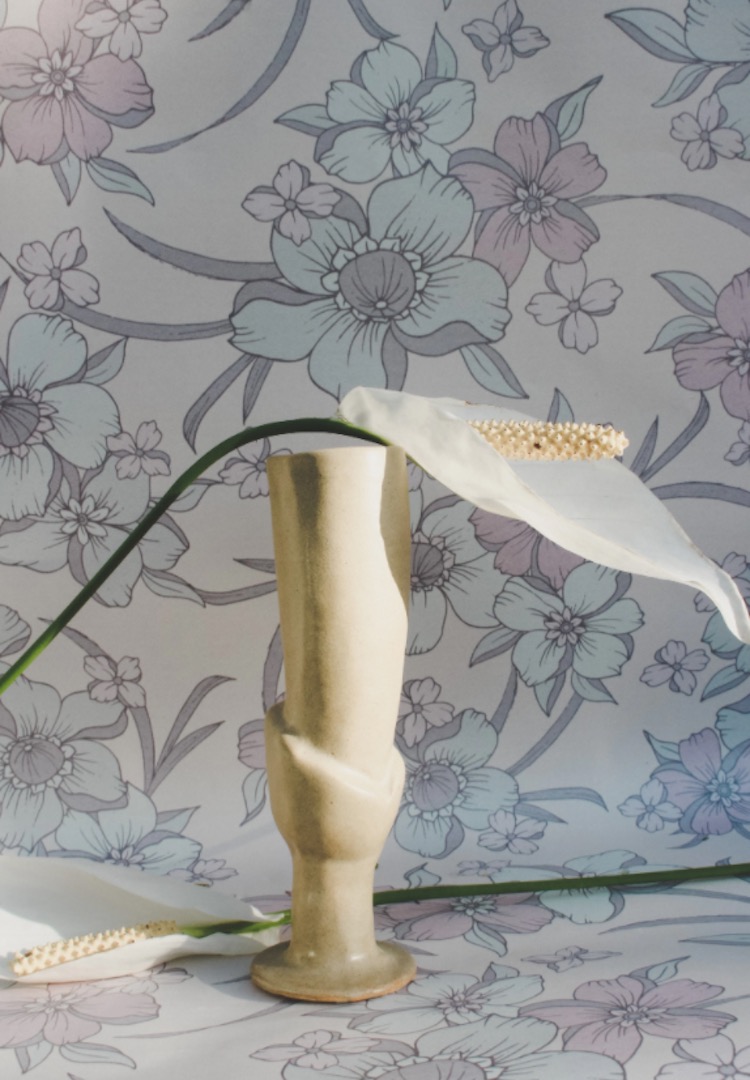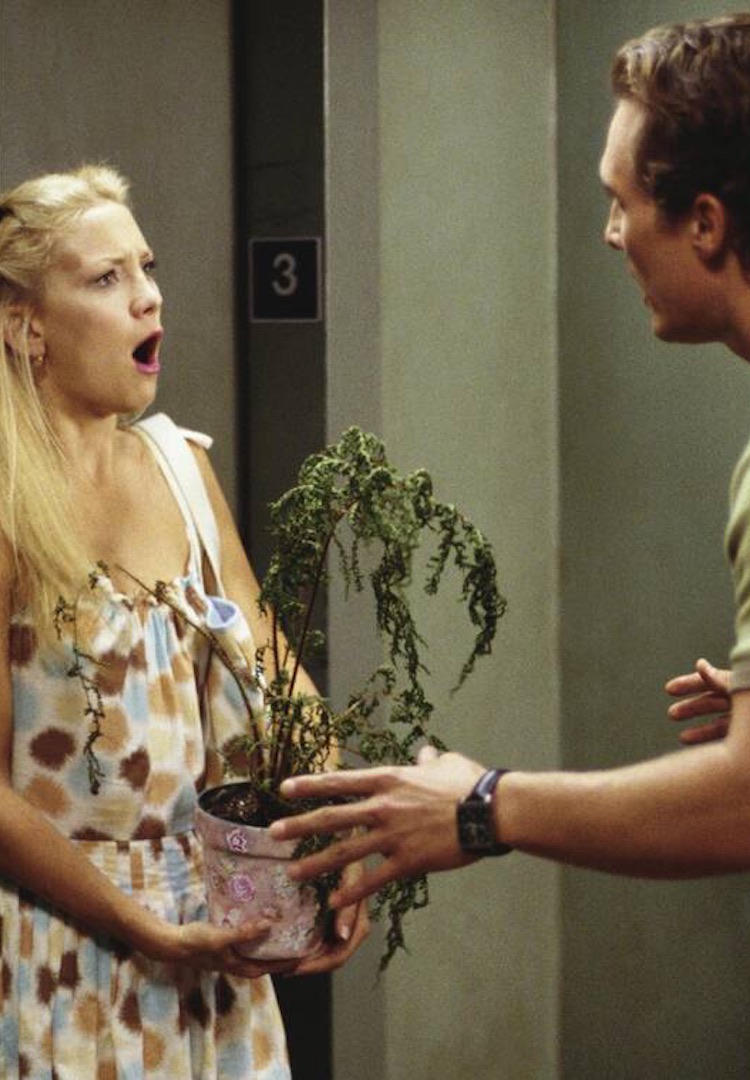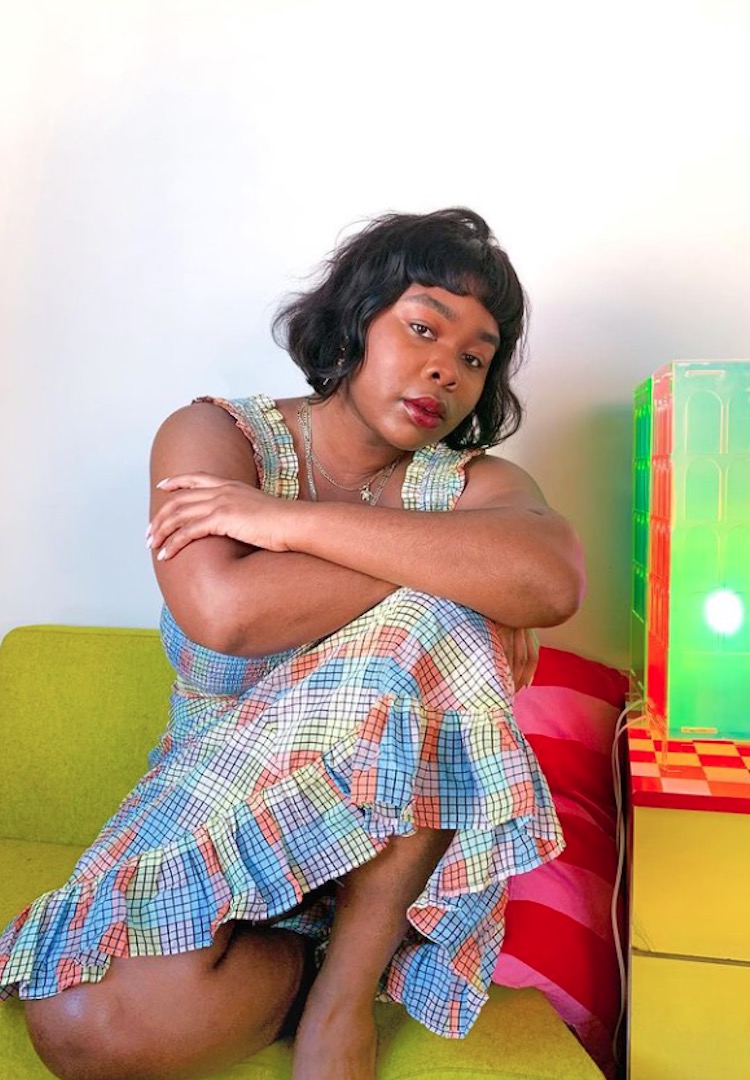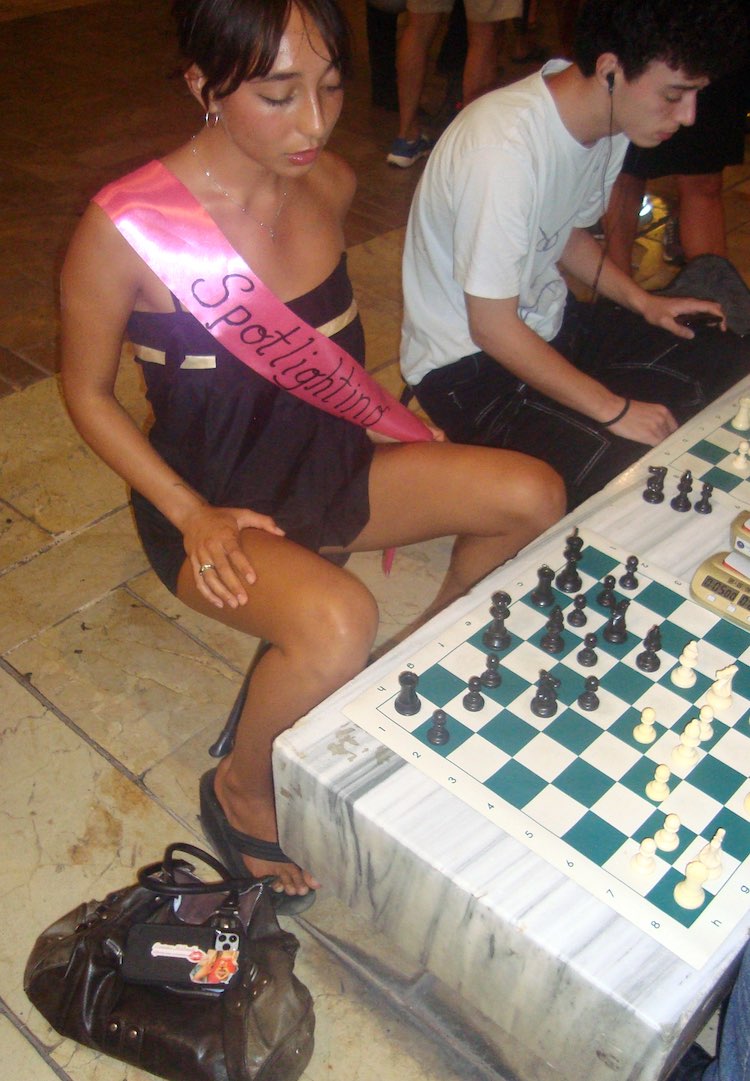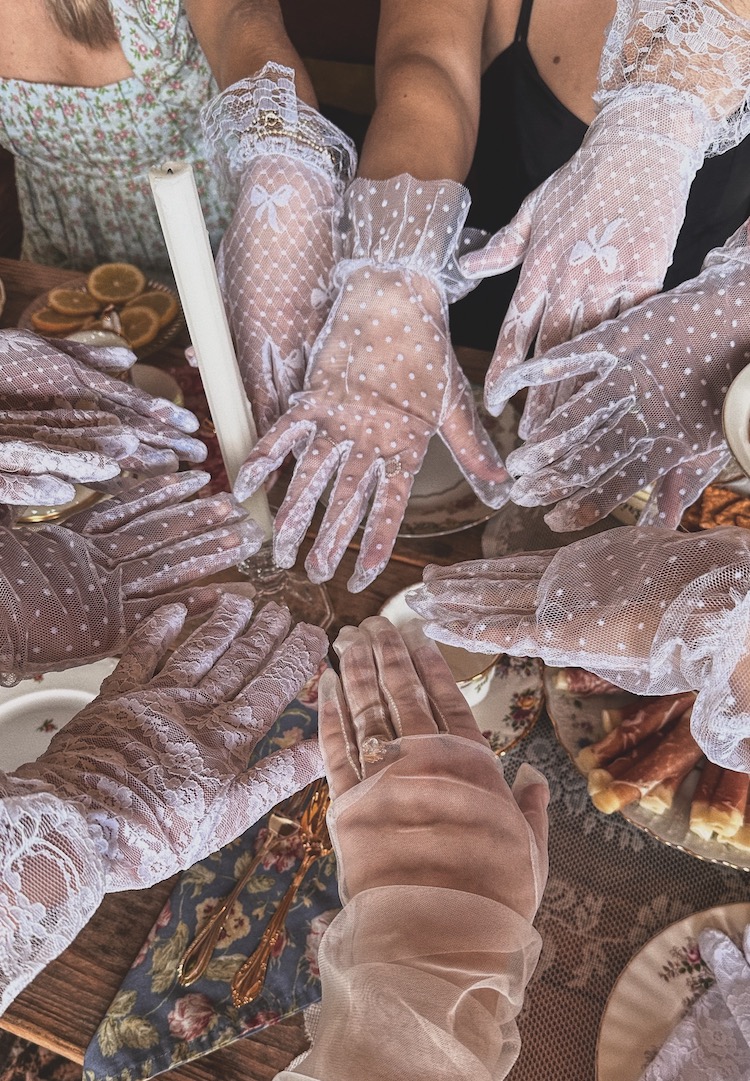Could a romcom save your relationship?
WORDS BY ALEXANDRA ENGLISH
A new study suggests true love can be helped along, and even saved, by watching romantic movies with your partner.
The big breakup of my life was full of dramatic hyperbole. I didn’t leave my bed for three days (save to use the bathroom), I took sleeping pills, I subsisted only on Skittles and mint choc chip cookies, and I watched every Meg Ryan and Jennifer Aniston movie I could stream on the dodgy wifi in my London flat.
No one would be surprised to hear the romcoms made me feel worse (except for Aniston’s The Break Up – that is genuinely the greatest heartbreak movie of all time. Don’t @ me).
Still, I am surprised now to hear that watching romcoms before the breakup and with my partner could have (potentially) prevented the whole thing in the first place. A 2014 study out of the University of Rochester found that couples who watch romantic movies together were less likely – by half – to divorce.
Researchers put pairs of newlyweds into two groups: one group did intensive couples therapy for four months, while the other used the movie-as-therapy method, in which they watched five movies at home together and then talked about them. Three years later, the first group had a divorce rate of 24 per cent, the second: just 11 per cent.
The researchers recently conducted a follow-up study in which couples (not necessarily newlywed) picked five movies to watch together from a list that included 47 of the titles from the previous test, plus 66 new ones.
Afterwards, they had a 45-minute discussion, with the help of prompt questions, about their relationship compared to the one they just saw on screen. This time, couples saw their relationship quality improve in one month, suggesting there are immediate benefits to parking your butts on the couch and loading up your favourite Nora Ephron film.
Saving relationships is a lot of pressure to put on Meg Ryan. However, Ronald Rogge, associate professor of psychology at the University of Rochester and the lead author of the studies, explained that it’s not just about the storyline. It’s a kind of Trojan horse for therapy.
“For these couples to stop [during the film] and say, ‘You know, I have yelled at you like that before. I have called you names before, and that’s not nice. That’s not what I want to do to the person I love the most.’ Just that insight alone is likely what makes this intervention work,” he said in a statement.
Rebecca Cobb, another professor who contributed to the study and professor of psychology at Simon Fraser University and director of the university’s Couples Lab, elaborated on this to Olivia Stern for ELLE Canada.
She said that during Hollywood-as-therapy sessions, couples have the opportunity to compare and contrast their relationship to that on screen, and give “conscious and deliberate attention to… how they supported each other through tough times and how they dealt with hurt feelings”.
The accessibility of this type of therapy is a huge drawcard and may have a significant impact on its effectiveness. Rogge acknowledged that many people don’t know how to talk to their partners, or they find it too awkward or tense to start a conversation that could lead to conflict.
Movies, in this way, can provide an opening, making the conversation easier and more comfortable. “A movie is a non-threatening way to get the conversation started,” he told the New York Times.
Another benefit of cinema therapy, Rogge says, is that it can be done at home for free, meaning more couples are likely to try it. “There are really great [relationship] intervention programs available now, but most require trained therapists to administer them. If couples can do this on their own, it makes it so much easier to help them,” he said in a statement.
“You might not be able to get your [partner] into a couples group, especially when you are happy, but watching a movie together and having a discussion, that’s not so scary. It’s less pathologising, less stigmatising.”
In the simple act of agreeing to undertake Netflix-as-therapy, couples are also demonstrating to one another that they are prioritising their relationship. As with both parties agreeing to go to couples therapy, this is part of the battle won before any of the ‘real work’ has even started.
This commitment, says life and relationship coach Megan Luscombe, is probably more important than the movie you’re watching. “I don’t think that any [particular] movie could save a relationship. However, carving out time together and spending conscious effort on each other certainly can improve a relationship,” she says. “Couples who commit to quality time are better off than those who don’t.”
Stern found this to be accurate of her experience when she tested out the romcom-as-therapy theory with her husband of seven years. “Most of the therapy… was simply from my husband and I spending actual leisure time together,” she wrote.
“Devoting time to our tired selves – instead of confining our only moments together to, say, attempting to extract a bawling child from a bouncy castle – was therapeutic in itself.”
Luscombe also says that Hollywood’s happily-ever-after has a lot to answer for when it comes to real-life romantic expectations. Fictional love stories can create unrealistic and unhealthy standards and promote silly ideas about soulmates and Prince/Princess Charmings.
“Romcoms have a lot of work to do when it comes to depicting actual love,” she cautions. “They set a standard that romantic love is the goal post, when in reality, [what you’re seeing in a romcom] is just lust.”
When considering movie therapy, the type of film does matter: a romcom ends when the couple gets together, and we assume they live happily ever after.
That can be misleading, Luscombe says, because “relationships take hard work. Showing the honeymoon period of a relationship isn’t a reliable gauge of how the relationship will play out over the long-term, because we know feelings of lust dissipate over time. The impact would be different on long-term relationships, so they would need more movies based on long-term relationships.”
Rogge told NYT that the best movies for constructive communication are those that show the highs and lows of relationships. He adds that even if the storyline isn’t realistic, the goal is to “get a dialogue going”.
“I believe it’s the depth of the discussions that follow each movie and how much effort and time and introspection couples put into those discussions that will predict how well they do going forward,” he said.
In short, the study shows that people probably already know what they need to do to solve their relationship problems, they just need a little bit of help bringing it up, and watching a movie together is the perfect excuse.
“The results suggest that [couples] have a pretty good sense of what they might be doing right and wrong in their relationships,” Rogge said in a statement. “Thus, you might not need to teach them a whole lot of skills to cut the divorce rate. You might just need to get them to think about how they are currently behaving.”
To find your own happily-ever-after, see the full list of movies and discussion points here.

